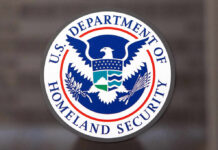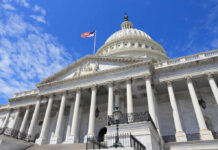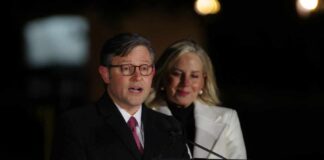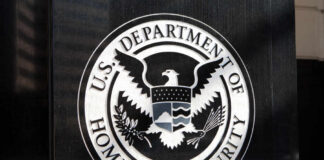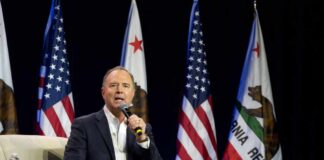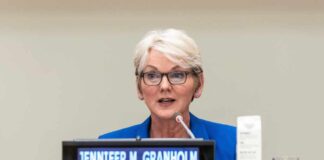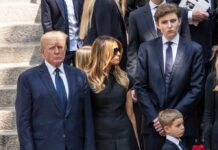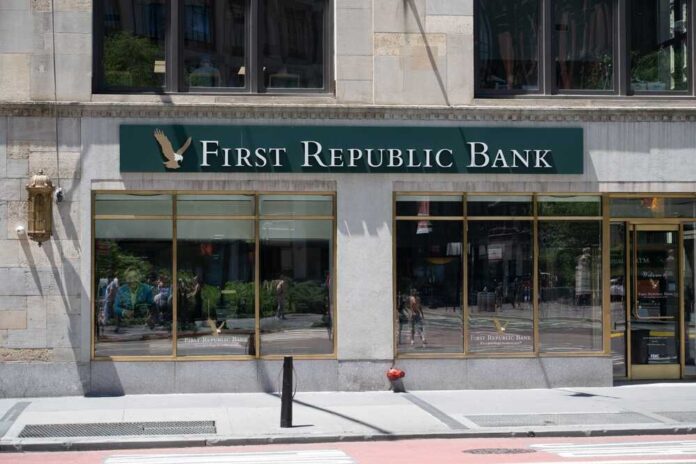
As the American economy faces uncertainty, Rep. Brendan Boyle (D-PA) warns that we still don’t know the full extent of the current banking crisis. In a recent appearance on MSNBC’s “Andrea Mitchell Reports,” Boyle emphasized the impact of the Federal Reserve’s rapid interest rate hikes on the economy and urged a pause in these increases. He cautioned against the risk of an unnecessary recession resulting from extreme rate hikes.
Regarding the current criticism of the Fed, Boyle said, “By their own measures, they are going to cause unemployment as a result of what they’re doing, an increase in unemployment, for which they have no real response.” He also highlighted the unknown extent of the ongoing “banking crisis” and suggested that a pause in rate hikes would be a wise decision to avoid an unnecessary recession.
Dem Rep. Boyle: We 'Don't Know the Full Extent of the Banking Crisis' via @BreitbartNews https://t.co/MnOS2mXUtj
— Chris 🇺🇸 (@Chris_1791) May 3, 2023
Meanwhile, Rep. Katie Porter (D-CA), who is vying to succeed Sen. Dianne Feinstein (D-CA) in the upper chamber, has expressed her concerns about the potential banking disaster caused by the soaring housing costs in America. Porter, known for her tenacity in questioning financial executives and government officials, believes the housing cost burden on American families poses a significant risk.
According to Porter, the traditional standard of spending 30% of income on mortgage or rent has been upended as families now allocate 50% to 60% of their income for housing. This inflexible payment leaves families vulnerable to foreclosure, affecting their approach to saving, wealth building, and stability. Porter advocates for better policies supporting consumers and workers by eliminating special interest money in politics.
Unfortunately, recent events have only added to the banking crisis’s uncertainty. Despite attempts to stabilize the market, banks such as First Republic continue to fail, leading to acquisitions by larger banks like JPMorgan. This instability has caused concern among customers of regional banks, prompting them to reconsider their banking relationships and potentially move their money to bigger banks.
The situation has left many wondering if this crisis will ever officially end. The failure and acquisition of banks like First Republic could lead to a domino effect, with more Americans moving their money to larger banks and prompting additional failures.
Congress and regulators must work together to address the ongoing banking crisis and protect American families from the potential consequences. As lawmakers like Boyle and Porter bring attention to these issues, finding solutions that prevent further economic turmoil and ensure a more stable future for all Americans is crucial.


